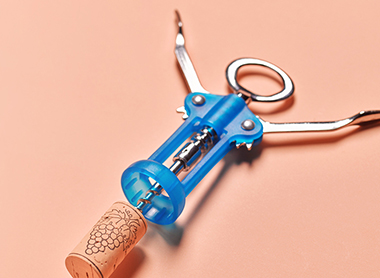In association with our partner psychologists, Psych Health.
Helping a loved one through an addiction can be extremely difficult. But remember, you’re not alone. We provide mental, physical and financial health support services to all ICAEW chartered accountants and ACA students, as well as their families.
Here are some additional tips to help you navigate your feelings and support someone with an addiction.
how to navigate your feelings
how do you help a person who has an addiction?
If you have a friend or relative battling addiction, you may be wondering how you can help them.
You may want to share options for them to overcome their addiction, like individual counselling, talking to a professional, offering financial assistance or visiting rehab centres. While these may be important to discuss later, we suggest starting by just being there to listen as this will encourage open communication and build trust.
Here are some tips to help you form healthy conversations and avoid barriers.
let's start with what not to say
It can feel challenging to approach someone and have a sensitive conversation about a suspected addiction. Therefore, it may be helpful to think about possible communication barriers first:
how do I approach talking to a loved one with addiction?
Before you think about what to say, consider how you care for yourself. What state are you in mentally and emotionally? Perhaps you’ve come to the end of your tether, have been anxious for a while, or are angry. You should enter any conversation with a neutral mind, having prepared yourself for a difficult conversation.
If you’re worried about someone who you think may have addiction, see our guide to Recognising the Signs of Addiction.








